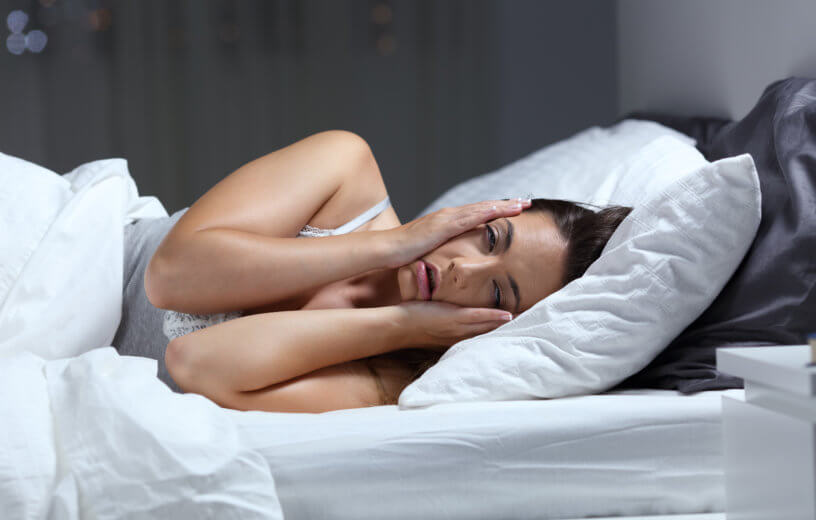BERKELEY, Calif. — By now, we should all be aware of the health dangers that come with a lack of sleep, but new research from the University of California, Berkeley suggests that poor sleeping habits can also lead a person — and even those around them — to become more anti-social.
The study finds that chronically sleep-deprived people feel lonelier and less inclined to be around or engaging with others. They avoid close contact in many of the same ways as those with severe social anxiety.
Compounding these problems is that the alienating energy produced by sleep-deprived people makes them more socially unattractive to others. The study shows well-rested people often feel lonely after a brief encounter with a sleep-deprived person, showing that social isolation can be contagious in some ways.
These findings are some of the first to show a two-way relationship between sleep loss and social isolation, suggesting a “global loneliness epidemic” may be occurring.
“It’s perhaps no coincidence that the past few decades have seen a marked increase in loneliness and an equally dramatic decrease in sleep duration,” says study lead author Eti Ben Simon, a postdoctoral fellow at the Center for Human Sleep Science at Berkeley, in a statement. “Without sufficient sleep we become a social turn-off, and loneliness soon kicks in.”
For the study, the researchers conducted a series of experiments using fMRI brain imaging, standardized loneliness tests and videotaped simulations.
One experiment scanned the brains of 18 healthy young adults after a sleepless night while they viewed video clips of strangers walking toward them. The scans showed strong social repulsion activity in areas of the brain usually activated when people feel their personal space is invaded — and occurring much sooner compared to when the participants enjoyed a night of restful sleep. The researchers also found that sleep loss blunted activity in brain regions that typically encourage social engagement.
Another portion of the study involved an online survey of more than 1,000 people who watched videos of the sleep-deprived participants. The respondents were asked to rate how lonely they believed the participants were and whether or not they’d want to socialize with them. Results showed that the sleepless participants were consistently viewed as being lonelier, and respondents were not interested in spending time with them.
When the respondents were also asked how lonely they felt after watching the videos, it turned out they too had caught the bug and felt more alienated after just a 60-second clip.
“We humans are a social species. Yet sleep deprivation can turn us into social lepers,” argues senior author Matthew Walker, a Berkeley professor of psychology and neuroscience, and author of the best-selling book Why We Sleep. “The less sleep you get, the less you want to socially interact. In turn, other people perceive you as more socially repulsive, further increasing the grave social-isolation impact of sleep loss. That vicious cycle may be a significant contributing factor to the public health crisis that is loneliness.”
Walker says that all it takes is a single night of sound sleep — seven to nine hours — to help a person feel more friendly and socially confident, while making them also more appealing to others, too.
The study is published in the journal Nature Communications.
